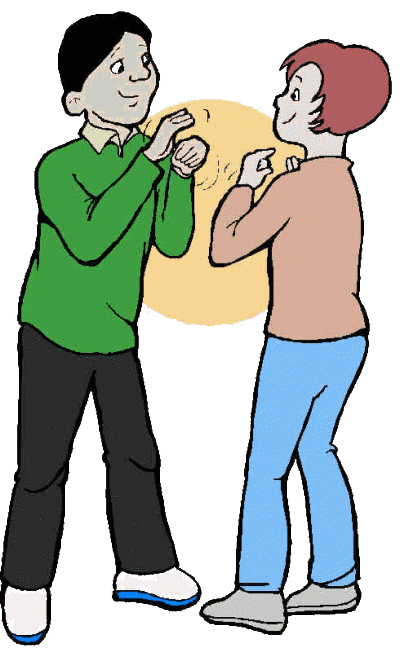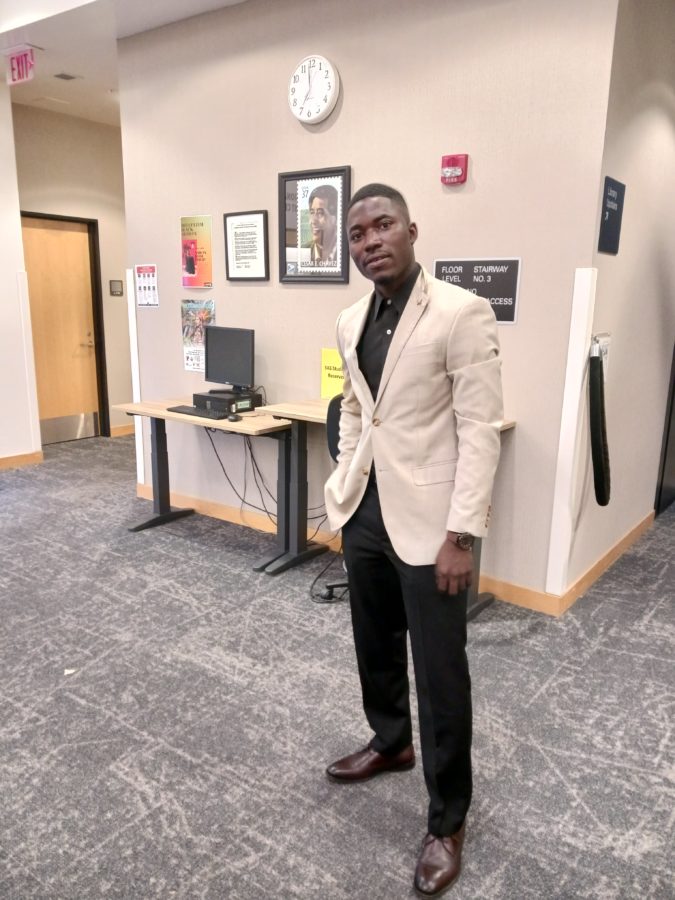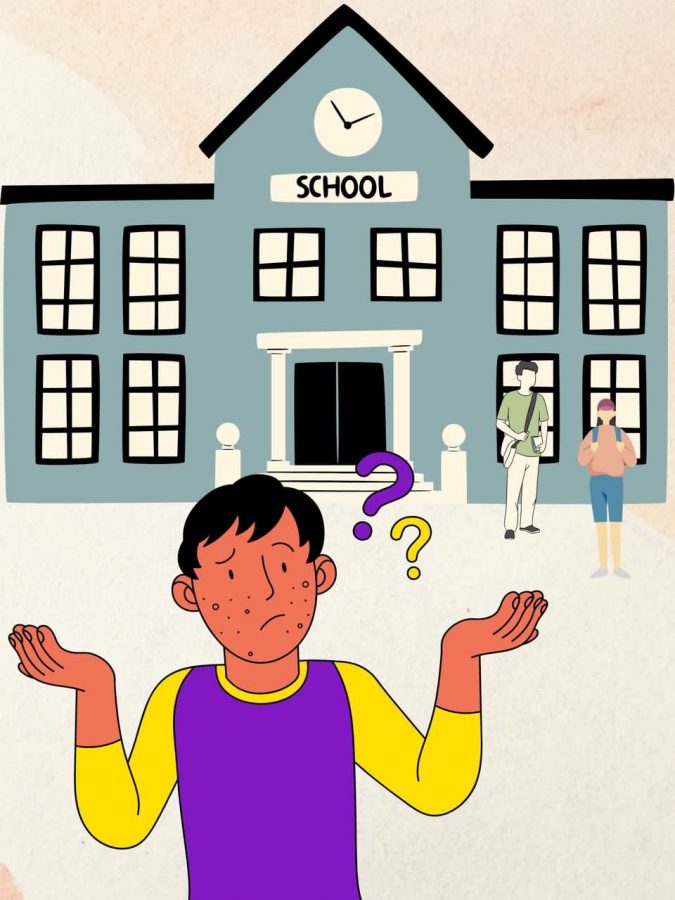Understanding the cross-cultural communication between the Deaf and hearing.
By ReVae Jensen
Times Staff
“Hey! HEY!!” Still no response. Frowning, why is she not responding to me? Running close to her, tapped her shoulder, she turns around, smiles and said, “Hello,” in American Sign Language (ASL)… (Oh! She’s deaf!)…
Ever wonder what to say and/or how to approach someone who’s deaf without being rude?
-Do not shout. They cannot hear, right? So why would you expect speaking louder make them suddenly be able to hear?
-Do not talk without signing in the presence of Deaf people. Deaf people feel left out when hearing people are talking (no signing).
-Do not say you know ASL and then flap your arms around. You look hilarious.
-Do not talk to them like they are unintelligent. Do you assume someone from Spain or Japan is unintelligent just because they speak a different language? No, you do not. At least you should not.
-Do not talk to the third person instead of them. If you want to speak to them and there is a third person with them to interpret, still direct your conversation to the Deaf. If there is no one available to interpret, you can write on paper what you want to communicate with them. Do include them in the conversation. They want to contribute just like you do.
-Do not throw objects or bang to get their attention. Politely and gently tap them on the shoulder, flick the lights, or wave.
-Do not say I am sorry and give them the, “funeral face,” when you find out they are Deaf. You do not have to make a comment about it. If you feel the need, say something positive. There is nothing to be sorry about. They are not sorry; you do not have to be sorry. Again, be respectful.
-Do not say, “Never mind”, “It’s not important,” or “I will tell you later.” Include them in the conversation, the TV show, the fun. If they ask you to repeat something, repeat it. Even if you have to repeat it a few times, please be kind and repeat it until they understand.
 ‘Hearing people’ will find, ‘Deaf people’ rude when:
‘Hearing people’ will find, ‘Deaf people’ rude when:
-Deaf are noisy eaters. They tend to chomp away with delicious food. Yup, they can’t hear ourselves how they chew.
Using “Deaf Standard Time” (DST) to their advantage. Have you heard the expression “Deaf Standard Time?” Since Deaf people don’t see each other every day. When they do meet, they tend to squeeze a week’s worth of conversation into one night. Deaf also tends to show up late than appointed time and overstay the end time. For example, birthday party is 6-9. They show up half hour late and leave at midnight.
Being too direct; deaf tends to accuse hearing people of skirting around the truth, but you can equally accuse deaf people being a little too direct on occasion.
Understanding the cultural behaviors; deaf culture, and responsiveness in a culturally appropriate manner will change the outlook of, “that person is rude.”
The written tools above will impact and improve the cross-cultural communication.












